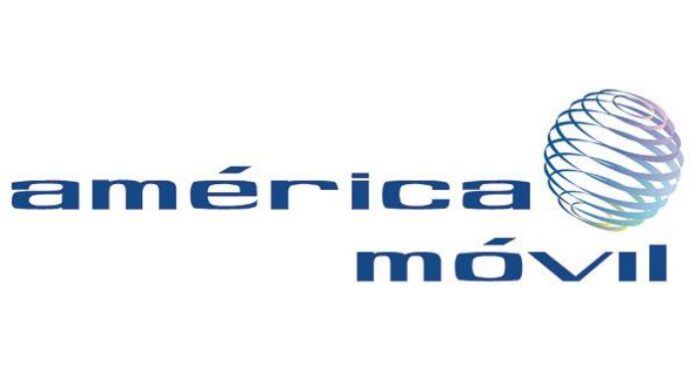América Móvil filed an injunction against the resolution issued by Mexico’s Federal Telecommunications Institute (Instituto Federal de Telecomunicaciones or IFT) naming the telecom giant a dominant player in the Mexican telecom market.
The company serves about 70% of Mexico’s mobile-phone customers and was ordered by the IFT to cut some of its rates. The IFT resolution determined that an economic interest group comprised of América Móvil, Telmex, Telcel, Grupo Carso and Grupo Financiero Inbursa was a “preponderant economic agent” and according to América Móvil, the agency imposed “certain specific asymmetrical regulations.”
- See this table to view the asymmetrical rates (expressed in Mexican Pesos) established for Telmex and Telcel services provided during the period of April 6 to Dec. 31, 2014.
The Mexican congress has started discussions on a telecom bill presented by President Enrique Peña Nieto that establishes tough regulations for dominant players. According to a Bloomberg report, América Móvil said the proposed bill pushes back its plan to enter the pay-TV business and hurts competition in that industry by forcing it to wait at least 24 months to apply for a pay-TV license.
Also, Ernesto Piedras, director of the consulting firm CIU, told Convergencia Latina that the delay in enacting the Federal Telecommunications Act means a $44 million loss for the market, in terms of users that do not enter, over-rating and limited service penetration.
Telefónica IT integration: Telecom companies are undergoing a transformation to become more digital-centric, increase capacity demand, reduce time to market and improve customer experience, among other issues. It’s not an easy change due to the large number of legacy systems. During the TM Forum Latin America held in São Paulo, Brazil, last week, Telefónica Argentina CIO Horacio Goldenberg explained how the subsidiary is running an IT transformation focused on integrating systems from different operations, such as mobile, fixed, TV and broadband. Last year, in an interview with RCR Wireless News, Phil Jordan, CIO of the Telefónica group, described the current stage of the company’s Brazilian and Argentinian IT consolidation.
In Argentina, the telecom company is replacing legacy systems using a complete platform suite made up of software for customer relationship management, ordering, billing, collection, operating support systems, online customer experience channels and e-commerce. Currently, almost 10 million of 42 million customers have been migrated to the new platform, with the full process expected to be completed by next year. The challenge is huge, Goldenberg said in an interview with RCR Wireless News. For example, there were eight billing and four CRM systems. The goal is to deploy an end-to-end solution and to see the customers as unique, covering all services they use.
In total, Telefónica Argentina plans to invest $100 million for the transformation. They claim the amount corresponds to what they would have invested to keep the current systems running.
More news from Latin America:
- Chilean Entel has launched its LTE network with national coverage, using the 2600 MHz frequency band. Movistar and Claro also secured spectrum in this band. The operator’s LTE network has 803 initial coverage points throughout the country, serving all major population centers.
- Brazil ended February with 1.82 million LTE lines. In total, the country had 272.72 million mobile lines at the end of February, with Vivo still the country’s largest carrier, followed by TIM. According to IDC, 67.8 million mobile phones were sold last year in Brazil, of which 35.6 million were smartphones.
- Nextel is conducting pilot LTE deployment projects in Chile. It will use part of its 60 megahertz of spectrum in the 1.7/2.1 GHz frequency band.
- Colombia’s UNE estimates an income growth of more than 14% this year, compared to the $1.285 billion posted in 2013.
- Digicel El Salvador plans to invest $45 million to expand its share in the data market, with the company focused on HSPA+ technology.
- Millicom named Klaudia Bermudez as its VP for channels and content for the TV services promoted by Tigo across Latin America. In Colombia, Millicom launched a free social TV application called mi.tv. It’s available for Android phones and as a Web app for smartphones, PCs and tablets.

